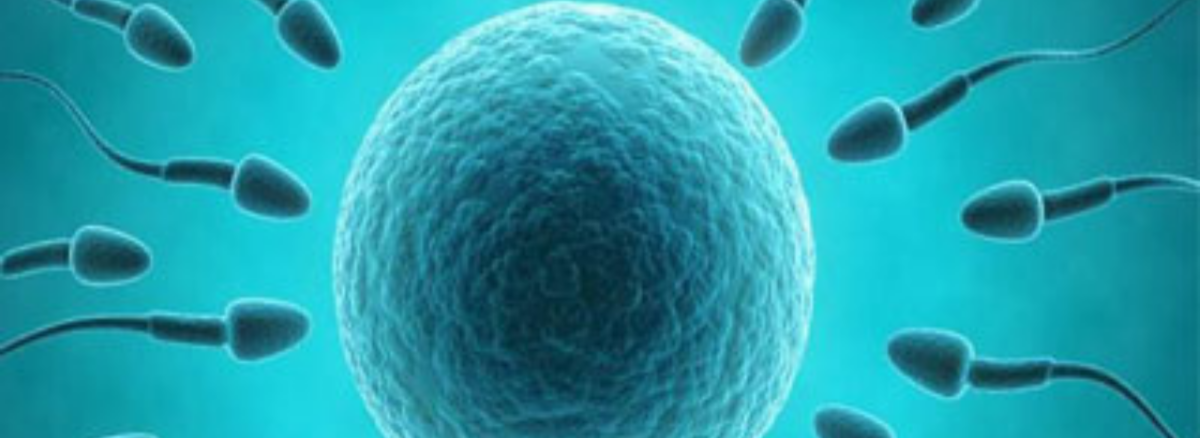The reproductive potential of some women is compromised because they
do not produce eggs because they have attained menopause, have
premature ovarian failure, or are carriers of a genetic disease which could
be passed to their offspring.
These women may find it difficult or impossible to have children using their
eggs.
An option for these women to have babies is to undergo egg donation.
Egg donation is a process whereby eggs/oocytes produced in another
woman’s ovary are fertilized by the husband’s sperm and transferred to the
recipient mother’s uterus.
The egg donor is a young woman preferably in her early 20s. The
the procedure typically involves a doctor giving the egg donor injections to stimulate the production of many eggs, removing the eggs from the donor when they are matured fertilizing in a laboratory with sperm from the
recipient’s partner, and then transferring the resulting embryos into the
recipient’s uterus for implantation and the establishment of pregnancy.
Following the delivery of the baby, the recipient will be the rearing parent of
the offspring. Doctors do this through a procedure called In-Vitro
Fertilization (IVF).
In the majority of cases of egg donation, the donor and the recipient are not
aware of their identity and the clinic keeps this a secret. In a few cases, the
recipient may decide to provide an egg donor after proper counseling on
the future possible challenges of such a decision.
CRITERIA TO BE USED AS AN EGG DONOR
Before a woman is accepted as an egg donor, she has to meet certain
criteria which include:
1. She has to be between 20 and 35 years of age. In our practice, we
utilize donors less than 25 years of age because they tend to respond
better than fertility medications thus increasing the chances of a healthy
pregnancy
2. They should be free of infectious diseases such as HIV, Hepatitis B,
C, and Syphilis.
3. Their genotype has to be AA to prevent them from passing the sickle
cell trait to the offspring
4. Women who have given birth or successfully donated eggs which
resulted in a pregnancy in the past are preferable
5. Women with a family history devoid of genetic diseases [this may
pose challenges because some persons may not have details of their
family history or may choose to keep such information secret
TESTS FOR EGG DONORS
When a client has been chosen for the egg donation program, she will
undergo:
Physical examinations to document their weight, height, and
complexion, and document other physical parameters.
Drug testing to ensure she is not on any recreational drugs
Ultrasound scan to examine the uterus and ovaries
AMH is carried out to document her ovarian reserve
Medical history is noted
Psychological history and counseling to ensure the donor is mentally
fit to undergo the procedure
Up to 50% or more of women using donor eggs will experience pregnancy.
The success rate depends on the age of the eggs, stimulation protocol, and
process of egg retrieval amongst other factors.
Egg donors are counselled on the legal implications of the procedure and a
a contract document will be signed informing her that she has no
responsibilities or legal rights to any children born via the donor eggs.
Egg donors may or may not be paid for the donation of the eggs; they may
receive compensation for their efforts in assisting another family to have
children.
Discuss with your fertility doctor if you think you will benefit from the egg
donation program.

